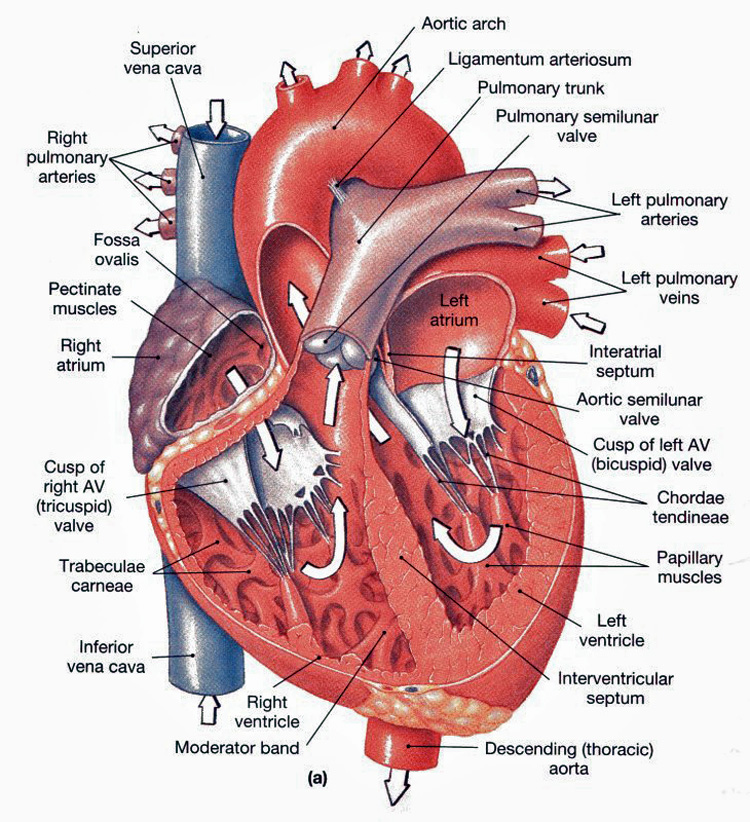 In the midst of the holiday season all I can think about is vacation. My body has officially decompressed and made the attempt to relax. In so doing, my stress compromised immune system leaves me vulnerable to illness.
In the midst of the holiday season all I can think about is vacation. My body has officially decompressed and made the attempt to relax. In so doing, my stress compromised immune system leaves me vulnerable to illness.
Illness
With the visiting family gone, repeated meals of overeating, and very little fresh air, one of us were bound to get sick. Unfortunately, a few of us have and are doing our best to relish the remainder of our days off to return to normalcy. I do not fully understand all the bubbly noises and queasy feelings my abdomen has, nor do I understand the common sore throats and nasal congestion some of my family have to endure.
It makes me wonder what I would have done if I was completed with medical school and considered a physician in the eyes of those close to me. Would I suggest they see their family doctor or would I attempt to diagnose their symptoms? There is so much more to learn. In the meantime, I am watching Google's latest gadget - FluTrends - which is provided with help from the Center for Disease Control (CDC).
Using their time-tested search technology Google has honed in on specific search terms and put them to good use in identifying the spread of influenza. The CDC recognizes that Google FluTrends is able to show flu spread more readily than reported cases could.
Clinical Corner
Influenza
This viral beast can be the cause of much misery. Fortunately, there is an annual vaccine that attempts to fight the most common strain of the flu to help ward off potential illness. The CDC informational website regarding all things influenza.. In the meantime:
- Keep an eye on the FluTrends in your area (Historically February has the most cases)
- Reduce exposure to those who are infected
- Wash your hands regularly







